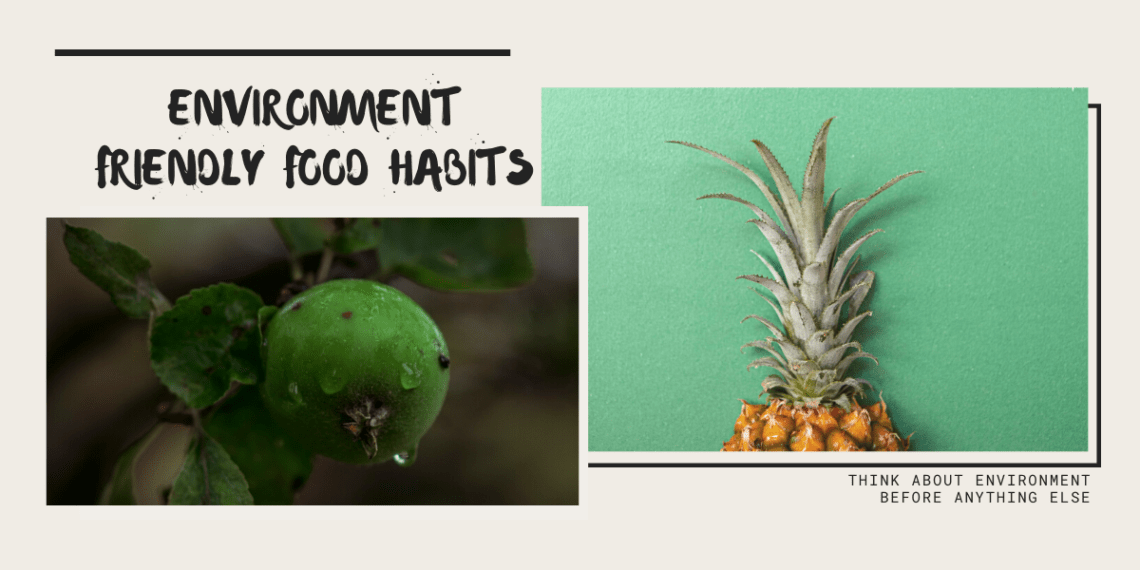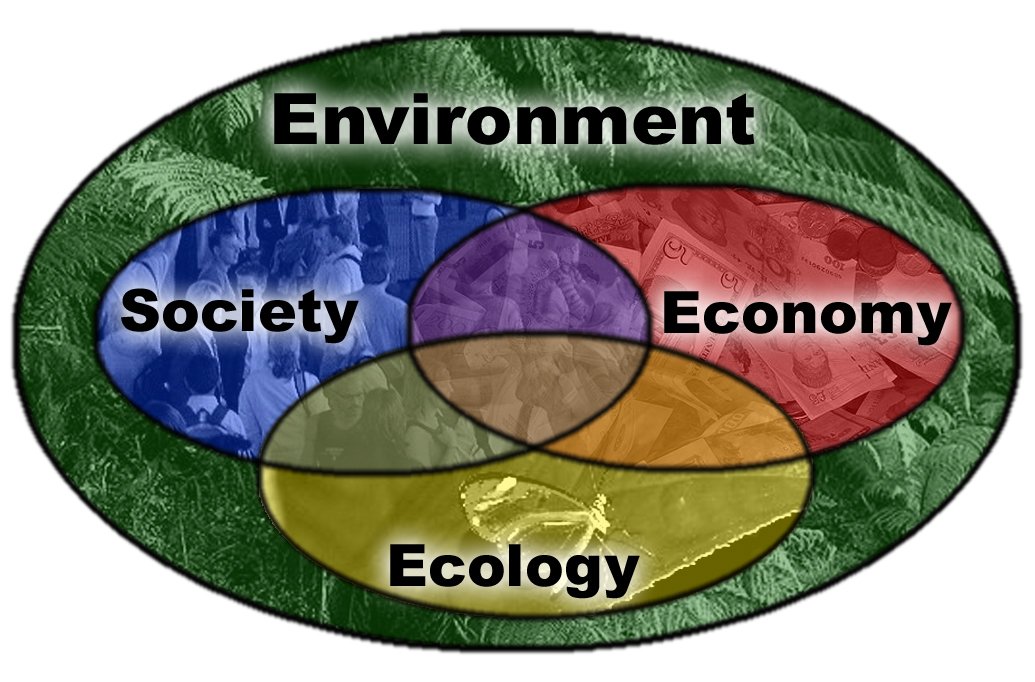Today, environmental problems transcend national boundaries; they are not regarded as a local issue but rather a global issue. People all over the world now are aware of various socio- environmental issues. Considering so, most of us now comprehend that it’s important to plant trees, cut off carbon emission, recycle paper, turn off unnecessary electricity, use more solar and wind energy, conserve gas, pollute less and decontaminate our rivers, ponds, and streams.
We don’t even know that what we eat can affect not only our own bodily systems, but also the ecosystems in which those foods are grown. The increased food crop cultivation and animal farming being employed for the nourishment of ever rising human demands, it should come as no surprise that the food industry, as a whole, is responsible for a lot of pollution. Chemicals utilized for increasing food productivity and distribute it to the masses faster and more efficiently are responsible for several devastating effects in the environment and illness to the human being. But there is a lot we can do to solve this problem remarkably to embrace an eco-friendly diet.
There is some proven evidence that the burning of fossil fuels, deforestation, and other human activities will raise global temperatures through a greenhouse effect, so we must think about our mother Earth. But even after being this conscious about the environment, wretchedly, however, knowingly or unknowingly have failed to correlate our eating habits with the environment. We feel that our eating habits and the environment are two different things. But No, these are deeply correlated. It is our habit to select healthy food for ourselves but while doing so we have failed to understand how much our food choices also affect the health of our environment – the planet Earth. Thus, the threats to the planet of modern production and consumption patterns are subject to considerable damage.
The link between eating animal fat and developing heart disease, stroke, diabetes and most cancers is a well established medical fact but yet people all over the world continue to consume animal fats. Too much meat and meat ingredients in our everyday diet hampers not only our health but it also strains the world’s natural resources. For example, contemplate this fact: It takes five pounds of grain to produce one pound of edible beef, seven pound of corn and soy to produce one pound of pork, and three pounds of feed to produce a pound a chicken. And there is this water connection. Water required to produce 1 pound of U.S. beef, according to the Cattlemen’s Association is somewhat around 441 gallons. Meanwhile, it takes a lot less water to produce fruits and vegetables. According to the reports, it takes only 49 gallons to produce a pound of apples. But we might say, apples and meat are two different things but sometimes when the fate of the nature is at stake than it’s worth correlating.
This world belongs to our animal friend as much as it belongs to us.
Blaming the cattle for our hunger is akin to blaming the devil for our sin. Cattle should not be deprived of their food grains. They have every right to eat as we have every right to breathe.
Eating organic is a fantastic way to reduce our carbon footprint and improve our long-term health prospects. Produce that is grown without chemical pesticides and fertilizers ensures that we’re not contributing to the pollution of land and water that leaves ecosystems dangerously unbalanced (or putting toxins into our body). On the flip side, large farms that produce organic crops may employ agricultural practices that deplete water and soil resources, and are ultimately unsustainable. This level of un-sustainability is largely due to the recent explosion in popularity of organic foods and the organic lifestyle.
Reducing food waste also lowers the environmental impact of our eating habits. The EPA calls the amount of food wasted by Americans “staggering,” noting that Americans threw 33 million tons of food waste into landfills in 2010. This food waste accounted for 14 percent of the entire solid municipal waste stream that year. Planning meals strategically will help us to reduce our own food waste. In other words, purchase only what we will use for specific meals we’ve planned, and eat our leftovers for lunch. Instead of going to the grocery store to look for dinner ideas, look in our kitchen and consider what meals we can make from what we already have.
Globalization has made it possible to find foods from overseas in our supermarket every day, but this comes with substantial environmental costs. Trucking food in from large farms across the country, rather than buying food from local farmers, also harms the environment. Eating locally reduces our carbon footprint by minimizing emissions from transport. Eating seasonally allowing our diet to fluctuate based on what grows in our area during each particular season is a key component of eating locally. Buying locally also allows us to eliminate some packaging waste, since imported organic produce often comes wrapped in plastic, like in the container above, or since many supermarkets do the extra packaging themselves to distinguish organic produce from conventional. But if we have this option, or even if we just frequent a farmer’s market, we can drastically reduce the greenhouse gas emissions that often accompany foods shipped to our regular market. And we can sometimes find items that are organic and humanely raised, as well. Avoid excessive packaging by choosing whole foods at local farmers markets or co-ops. Buy loose fruits and vegetables, and bulk cereals, pastas, grains, seeds, and nuts, and remember to bring along a reusable grocery bag.
Earth is our mother and we got to think about her or else our future generation will never forgive us.
Bringing our lunch to work or school is not only an economically good choice but a healthy choice as well. By avoiding restaurant foods we are reducing our exposure to sodium, hidden ingredients and excess calories. Plus, reusable containers and eco-friendly lunchboxes are a great way to reduce waste.
Let us at least try, sacrifice a bit cause by doing so we could prolong the inevitable at least.
Our action could save the lives of millions in the long run. Don’t forget that there is a strong correlation between our food habit and the Earth.







